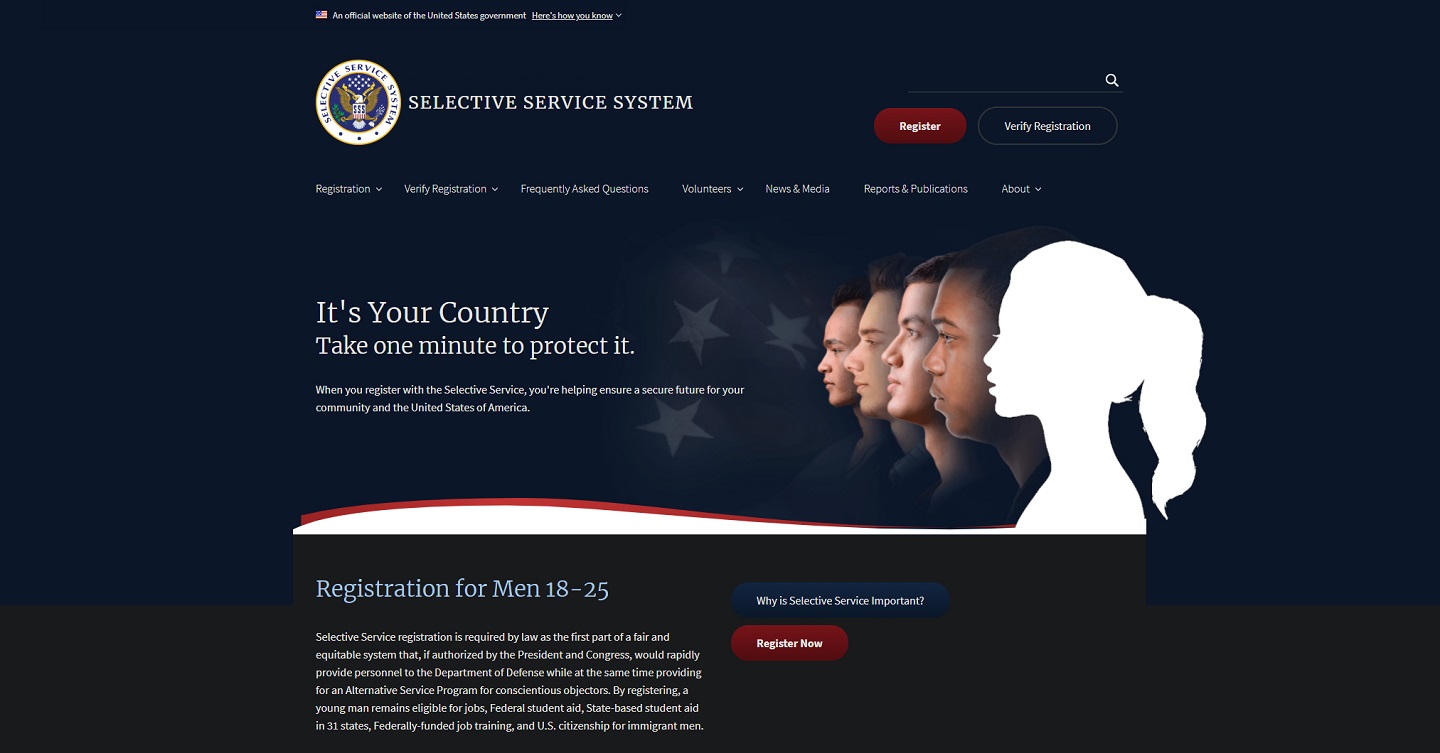
The United States has employed the conscription of military service members as far back as the Revolutionary War and as recently as the Vietnam War. What most people now know as the draft or Selective Service came into existence in 1940 via the Selective Training and Service Act. The first peacetime draft in the United States, it required men 21-36 (18-65 once the U.S. entered WWII) to register with local draft boards. Though women have served in the U.S. military for many years, and more recently in combat, they have never been subject to the draft. A BETTER PEACE welcomes back Kara Dixon Vuic to discuss her study of the topic and the recent decision of the Biden administration to move the discussion out of the Supreme Court and into Congress. She joins our Editor-in-Chief, Jacqueline Whitt, in the virtual studio as they discuss the history behind women’s exclusion from the draft. They examine the legal arguments, social and ethical norms involved, as well as some of the strange alliances of recent years as the conversation continues.
When Congress is having these hearings, they’re they’re also sort of conflating issues…they’re conflating registration and conscription, which I think often actually happens in debates today. Their assumption is that registration would immediately lead to conscription, to actually being conscripted into the military and inducted into the military, and they assumed that anyone who was registered would thus be conscripted and also sent straight into combat.
Podcast: Download

Kara Dixon Vuic is the Lance Corporal Benjamin W. Schmidt Professor of War, Conflict, and Society in 20th-Century America at Texas Christian University. Jacqueline E. Whitt is an Associate Professor of Strategy at the U.S. Army War College and the Editor-in-Chief of WAR ROOM. The views expressed in this presentation are those of the speakers and do not necessarily reflect those of the U.S. Army War College, U.S. Army, or Department of Defense.
Photo Description: A re-imagined Selective Service website
Photo Credit: Screen capture of the home page of the Selective Service System website





If (hundreds of?) thousands of female personnel served honorably and well in our Armed Forces during the Old Cold War.
And if (hundreds of?) thousands of female personnel have served honorably and well in our Armed Forces also in the post-Cold War and in the War on Terrorism.
Then — from that perspective alone– why would anyone even think about not registering women for the draft/for potential compulsory military service today?
Because my daughters will not forced to go to war.
The Draft during Vietnam was something that men just accepted as a fact. Though much is made of the protests of the time, the college profs stoked the fires of discontent (much like their personal opinions they teach as fact today) – they were not the norm. Only 38% of the total draftees who were drafted went to Vietnam.
Though because it is not “correct” today to verbalize it, most Vietnams veterans, including myself, are glad that women were not present in our units because we are sure that there would have been even more soldiers listed on The Wall. Like it or not and unapologetically, boys were raised to be men and protect women. The first instinct then would have been to protect them and more would have died.
Have things changed? Yes. Educational norms have fallen (curriculum, degree and depth of knowledge, etc), as has our standing among other countries in the world. Responsibility to others and our country is not normally woven into the fabric of what our children learn and taught, anymore.
You are exactly right. When somebody is kicking your door in, do you send your daughters and your wife to defend the home? No. You and your sons take care of it. This is foundational and elemental. Men protect women. That’s what good parents teach their sons. Women in the draft is non-negotiable. I will never accept it.